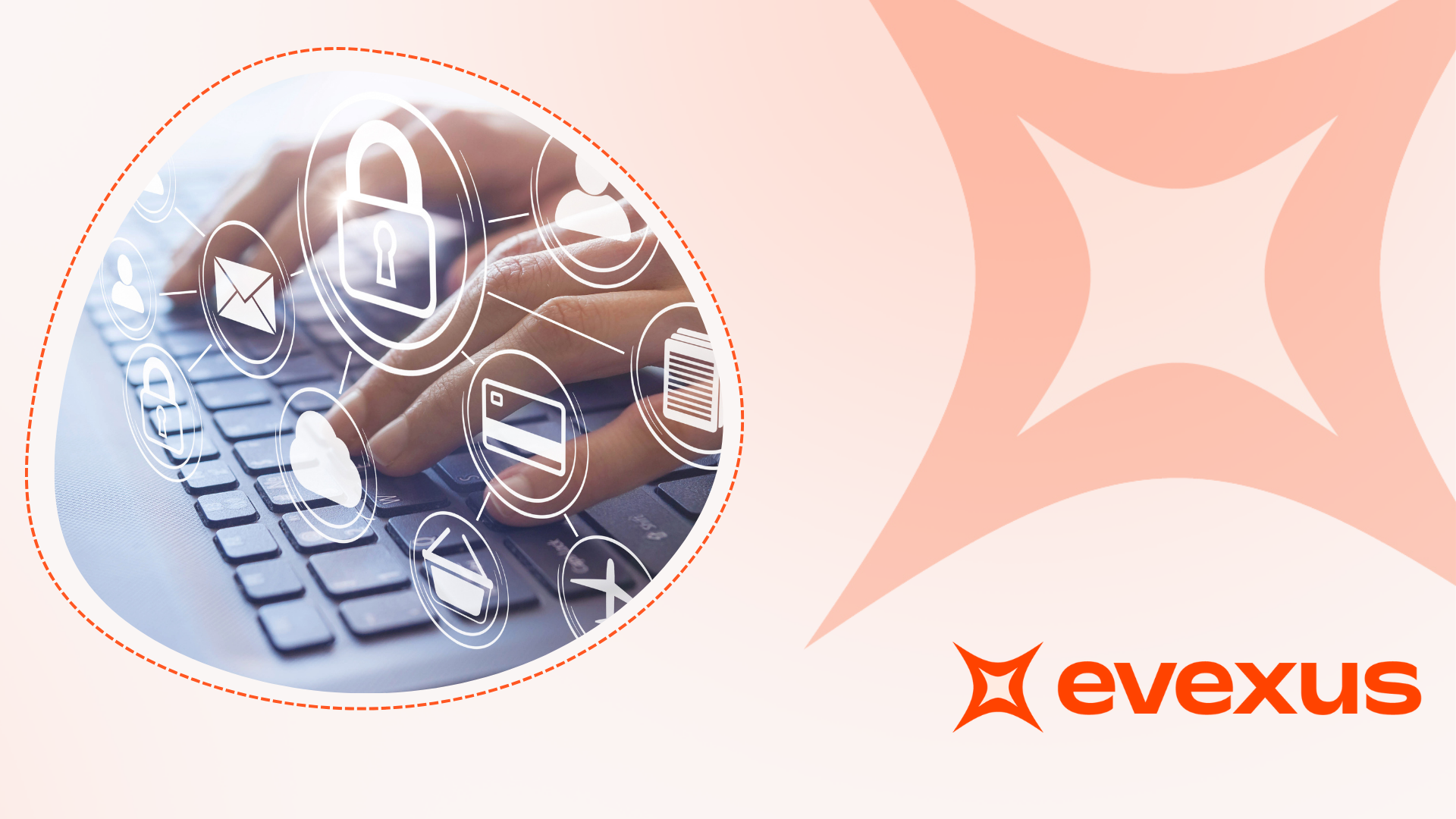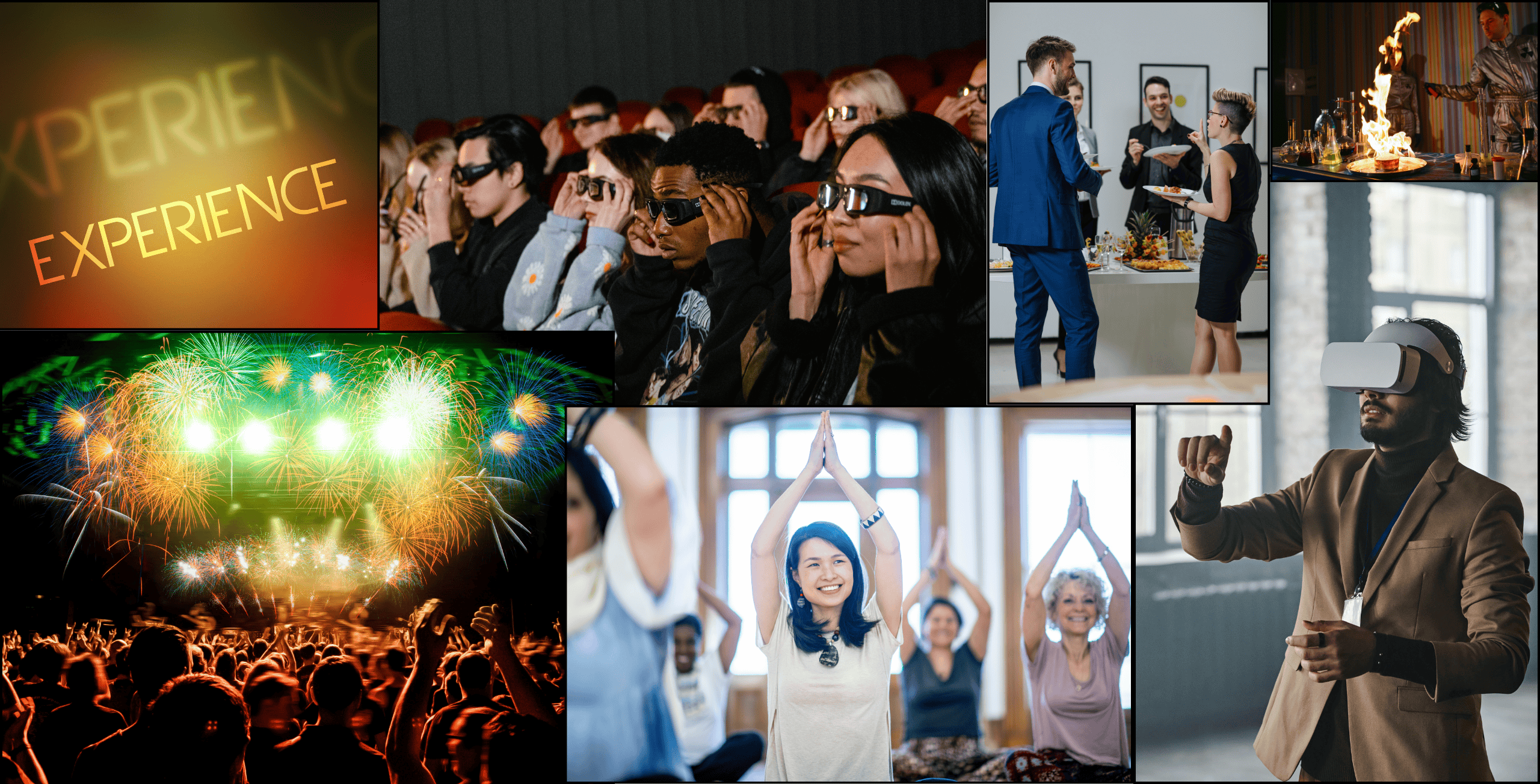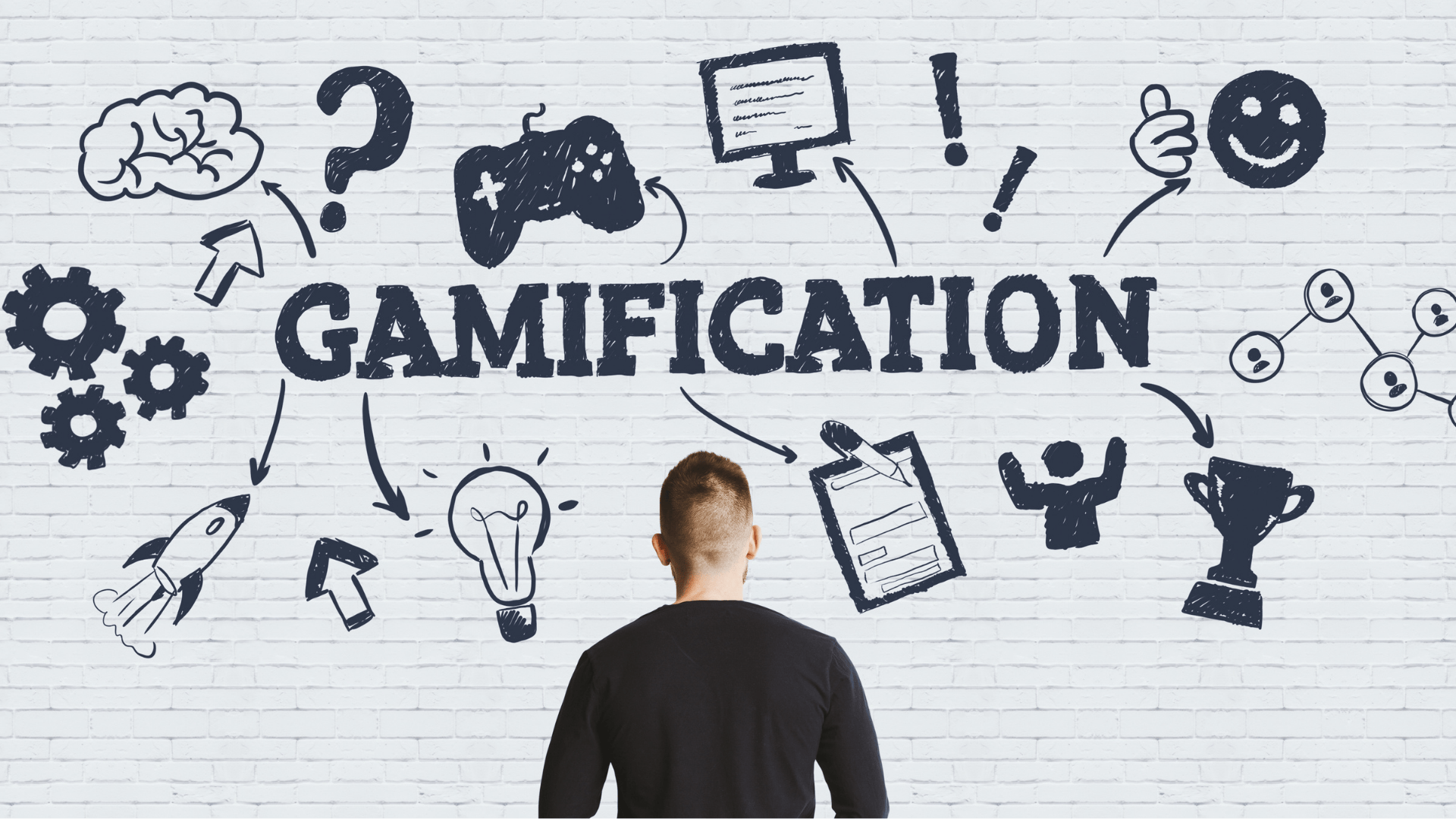
Sometimes, even the best-laid event plans can go awry, leading to poor turnout and risking your ROI.
There are many reasons events can miss the mark, from complex event management software to a user-unfriendly website. But, if all else is in place, it might come down to a lack of targeted marketing.
While it can be tempting to try to get as many people over the threshold as possible, the scattergun approach often does more harm than good.
Brands who market to too wide of an audience risk alienating potential clients and wasting money on excessive advertising.
On the other hand, appropriately segmented campaigns have been seen to boost revenue by 760%.
Luckily, identifying your target audience doesn’t have to be complicated. Check out our helpful guide below to find out some easy steps you can take to attract the right audience to your event.
Know who they are
Perhaps the most important step to attract the right audience to your events is learning who they are.
Having a clear and comprehensive understanding of your target attendees can help you develop your brand identity, craft compelling and impactful event marketing strategies, improve your sales and acquisition and promote brand loyalty.
What’s more, it can even enhance customer satisfaction. When you’re clear about your offering and market it to the right people, those who attend are more likely to be happy with your event.
A good place to start is with demographic data. This might seem simple, but it can really help you shape your messaging and approach. This might include:
- Age or generation
- Gender
- Physical location
- Education
- Profession or industry
- Career level (entry-level, C-suite, etc)
- Income
Once you have a basic idea of your ideal audience, you can dive a little deeper. Try to think about:
- Values and beliefs
- Lifestyle
- Interests and hobbies
- Wants and needs
- Likes and dislikes
It’s also important to remember that you can have more than one target audience. In fact, you might find it useful to make some audience profiles or personas to better understand the different groups you’re trying to attract.
Find out what you can do for them
Once you know your audience better, it’s time to think about what exactly your event offers them. A handy way to conceptualise this is by considering their WIIFM, which stands for ‘what’s in it for me’.
Generally, the reasons behind consumer behaviour can be boiled down to simple goals, such as:
- To save time
- To save money
- To make more money
- To impress others
- To increase my status
- To reach a personal or professional goal
You might even want to ask yourself, ‘Why would this person come to my event?’ Depending on the type of events you run, the answer could be as simple as accessing professional development opportunities for CPD or meeting other people in their industry.
Some research indicates that the main drivers of event attendance are experiences, learning, networking and commerce. But it’s also valuable to go a bit deeper and identify other ways your event might meet your audience’s needs.
For example, if you find your target attendees are time-poor, you might want to highlight that your event can be accessed by live stream, meaning they can get all the benefits of attending without having to be there in person.
Alternatively, if you know your audience is made up of early-career professionals, you might want to connect your event topic with increased knowledge, expertise or opportunities that can help them accelerate their career success.
Know how to reach them
There’s more to an excellent event marketing strategy than just well-targeted messaging. Being able to get your message to the right people, at the right place, at the right time is just as vital.
One commonly used approach is to separate your audience by generation. This not only helps you appeal to different age groups, but it is also a useful stand-in for professional level, as entry-level roles are usually occupied by younger people, and senior roles tend to be held by older adults.
Generational browsing habits differ greatly. Gen Z, currently aged between 12 and 27, generally prefer using YouTube, Snapchat and Instagram, and prefer engaging with brands via social media.
Millennials are now aged between 28 and 43 years of age and are starting to move up into middle and senior roles. They’re more likely to be found on TikTok, Facebook and Instagram and prefer mobile-first design.
Gen X, aged 44 to 59, are less likely to use social media but still use Facebook and YouTube. Along with Baby Boomers, this generation can be targeted using traditional platforms, like email, direct mailers and billboards.
You can also leverage your other demographic insights to figure out where your marketing dollars might be best spent.
For example, if you want to appeal to professionals, LinkedIn might be your best choice of channel. Alternatively, if you want to attract people in a regional area, you might consider advertising in a local paper or newsletter.
Be ready to convince them
Once you’ve identified your target audience and know where to find them, all you need to do is get your message across.
One handy trick is to focus your messaging on the benefits of your event rather than the features. For example, to promote a networking session, you might want to go beyond mentioning ‘networking’ alone to explicitly state that attendees will get to mix and mingle with others, enjoying the chance to expand their professional networks.
Honing your messaging is another place where understanding your ideal audience can help. Take a bit of time to think about your attendees and what they might find compelling, or do some research into your demographics to learn how you can shape your event promotion strategy to fit.
For example, Gen Z is known for being highly socially aware, and they make a concerted effort to support brands that are authentic, transparent and environmentally responsible. Baby Boomers, on the other hand, tend to be put off by slang or informal language.
Busy professionals often prefer their communications to be short, sharp and to the point, while students or retirees might be happier to read long-form content if it feels authentic and engaging.
Execute and review
Of course, a great event marketing strategy is never static, and it will need to grow and change over time.
Regularly reviewing your customer profiles, targeting and event promotion strategy is the best way to stay agile.
If you can, make a point to check in annually to refresh your profiles and ensure they’re still helping you attract the riht audience for your events.
Find out more
At evexus, our user-friendly event management software is designed for busy events teams. We provide everything from live production support to on-demand content hosting, event websites, apps and program management, all accessible from one central place.
Learn more at the evexus website or get in touch with our friendly team to arrange a demo.









